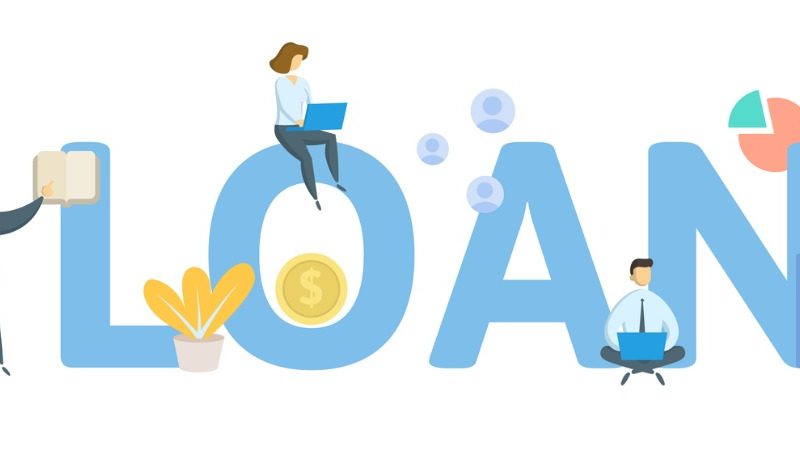Help! I can’t pay my mortgage
Perhaps you’ve lost your job, you’ve fallen ill, can’t sell but have bought a new property, the property is uninhabitable thanks to an earthquake, or have no rent coming in. Whatever the cause, if you can’t make mortgage payments your finances can turn to custard rapidly.
Non-payment will do your credit score a lot of damage. Even worse, it ultimately leads to your home or investment property being repossessed if you can’t make mortgage payments.
Talk to the bank and take a holiday
Talk to the bank. Don’t stick your head in the sand. Contact the bank or ask a mortgage broker to do it for you. They know how to hack your mortgage. Brokers can explain your “unforeseen hardship” in language that the bank understands. Under the Credit Contracts and Consumer Finance Act (CCCFA) lenders must consider a hardship application. They’ll want an encyclopaedia of paperwork from you, but are obliged to help you.
Take a payment holiday. Banks would rather not repossess your home. Most banks will consider giving you a payment holiday for a few months. Beware however, mortgage holidays are not a magic potion. When you take a mortgage holiday the monthly payments are added to the outstanding capital (capitalised). This means that the amount you owe goes up and you end up paying interest on interest at the end of the holiday. If you did it for too long your total debt would soon spiral out of control.
More ways to save your bacon
Go interest-only. Sometimes banks will let you pay interest-only for a period of time. Think of this as a holiday on the principal (capital) payments. Unlike a mortgage holiday, going interest free doesn’t add to the debt. It just means that you’re not paying down the balance.
Revolving credit. Revolving credit is like a giant overdraft. Providing you pay down more than the minimum in the good times you can use that overpaid capital as a buffer if you can’t pay. Revolving credit costs slightly more to set up and you might have to pay a small monthly fee, but works well for organised people. If you’re someone who likes to spend, then don’t choose this type of mortgage.
Extended term. If you’re paying over 20 or 25 years and need to free up some cash in your monthly budget, then extending the mortgage period to 25 or 30 years will help. Just remember that paying over a longer period costs more in the long run because you pay interest for more years.
Sell. If your financial situation isn’t going to improve, then consider putting your property on the market fast. If you own more than one property, list them all (including your own home) and see which sells first. Selling your property is going to have a better financial outcome than if the bank repossesses it.
Get a second opinion
We asked Mortgage Broker Stuart Wills of the Mortgage Supply Company for other tips. He always asks clients to check their insurance.
“Sometimes people have policies where they could claim, but forget they have them,” Stuart says.“I remember reviewing a mortgage for a client who had been struggling due to cancer only to find she had trauma cover and we managed to get a lump-sum payment of just over $200,000 for her.”
It’s also possible to get a second mortgage, which is used to pay the first mortgage in the short term. Stuart organised this for one client who had been made redundant, but was confident of landing another job quickly. “When he found employment we topped up his first mortgage and repaid his second mortgage,” says Stuart.
Personal tragedy can happen to anyone. Remember, if you don’t do something, the mess will just get worse and sooner rather than later the bank will start the process of repossession. Pick up the phone now. It’s the best way to keep your house.
- Post Tags:
- credit score
- debt
- mortgage
Credit Simple
Credit Simple gives all Kiwis free access to their credit score, as well as their detailed credit report. See how your credit score compares by age, gender and community and gain valuable insights into what it all means.
All stories by: Credit Simple


